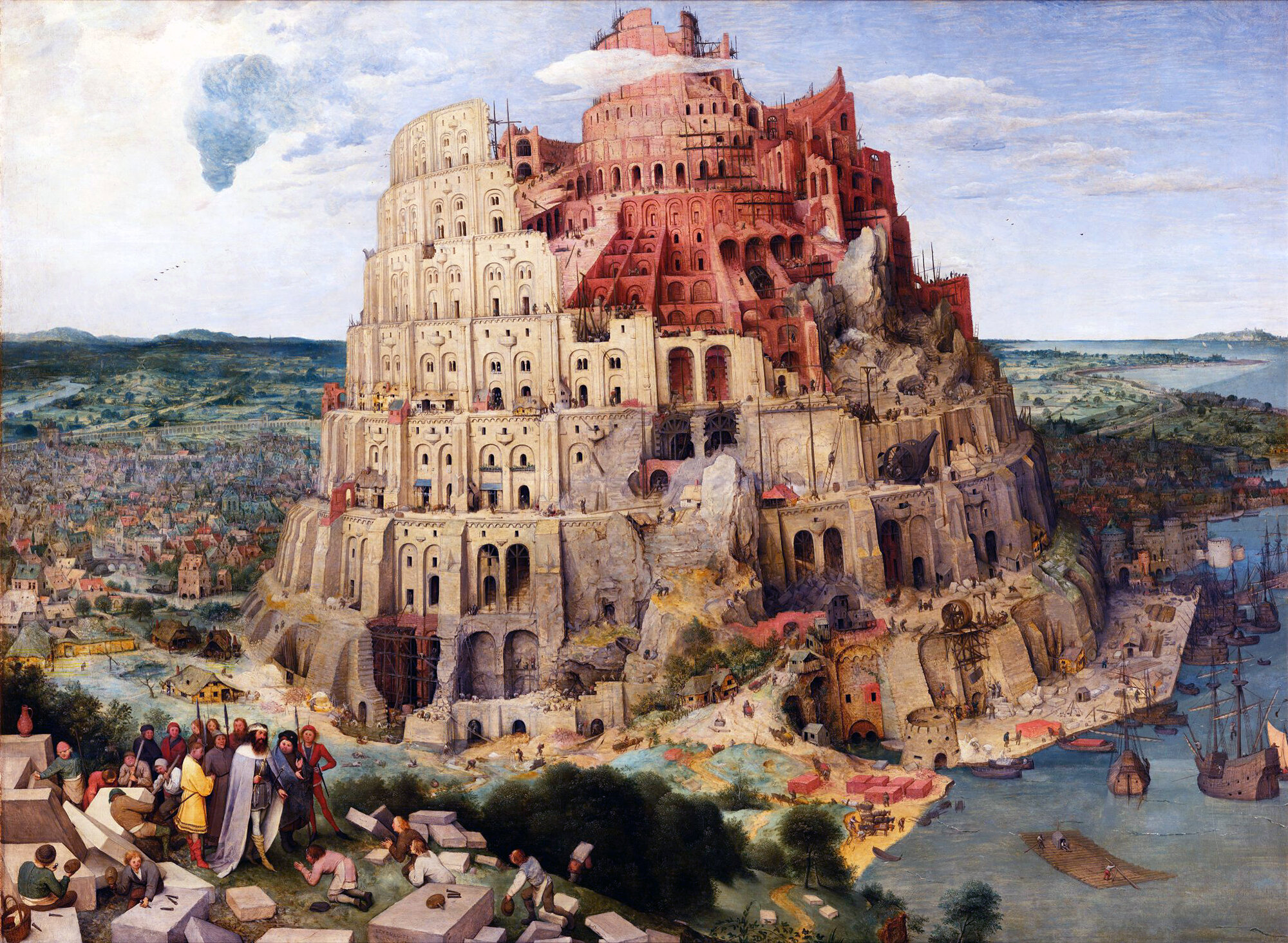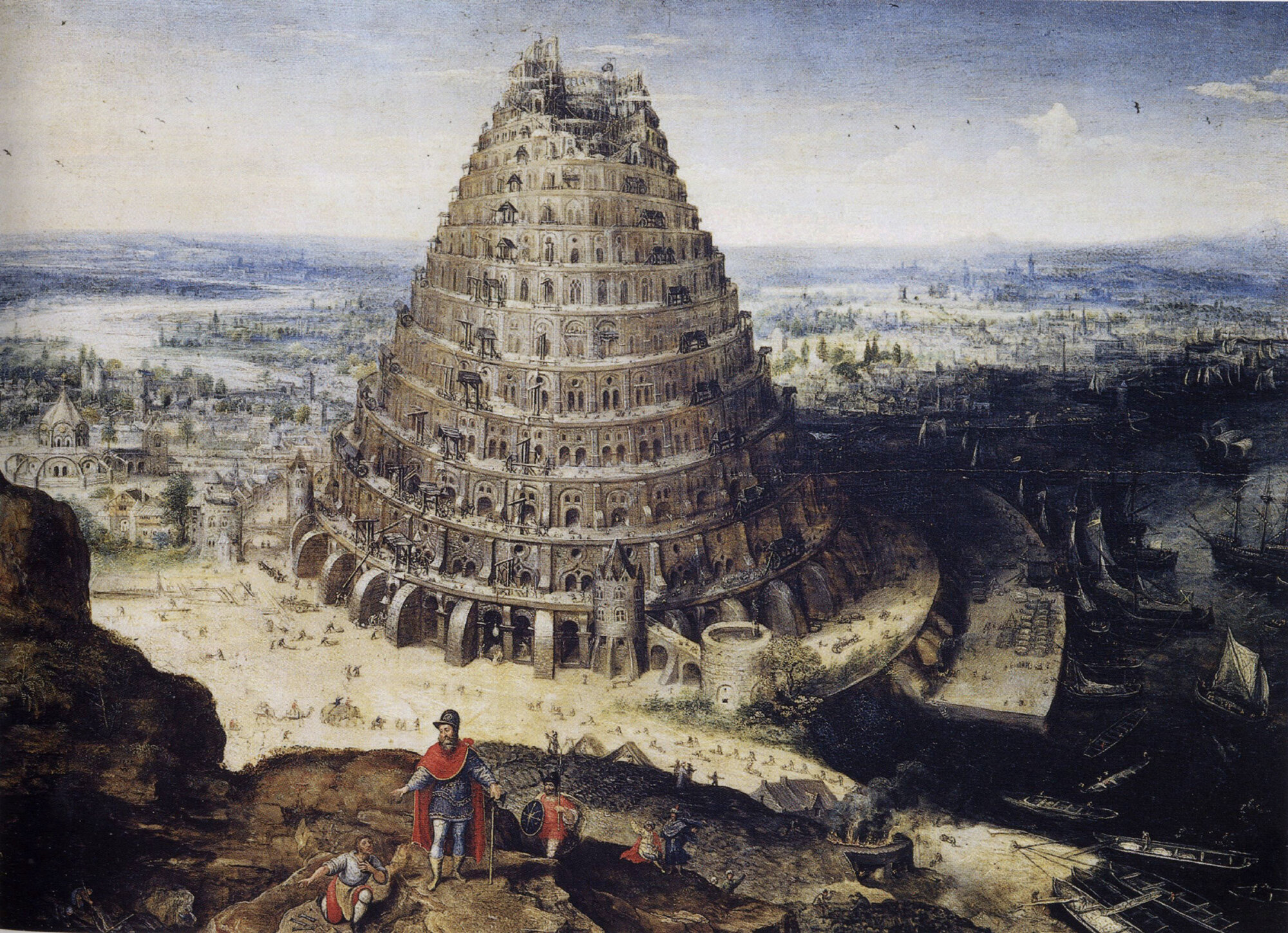Welcome to On Verticality. This blog explores the innate human need to escape the surface of the earth, and our struggles to do so throughout history. If you’re new here, a good place to start is the Theory of Verticality section or the Introduction to Verticality. If you want to receive updates on what’s new with the blog, you can use the Subscribe page to sign up. Thanks for visiting!
Click to filter posts by the three main subjects for the blog : Architecture, Flight and Mountains.

Athanasius Kircher’s Turris Babel
The concept of the Tower of Babel is a timeless one, and throughout history it’s attracted the attention and imagination of myriad individuals. One such individual was Athanasius Kircher, a German scholar and polymath who lived from 1602-1680. His 1679 work Turris Babel explores the concept of building a tower that would reach Heaven, and it was accompanied by a few etchings of such a building.

The Tower of Babel : A Parable of Verticality
The Tower of Babel is arguably the most storied myth about the human need for Verticality that has survived from antiquity. It’s a legendary tale of a clash between Ego and God, and it acts as a starting point for any worthwhile history of human towers or skyscrapers. Let’s take a look at why it’s been so influential, and why it encapsulates our struggles with Verticality.
“Go to, let us build us a city and a tower, whose top may reach unto heaven; and let us make us a name, lest we be scattered abroad upon the face of the whole earth.”
-The Book of Genesis, on the construction of the Tower of Babel.

Verticality, Part VII: Heavens on Earth
Humanity’s first major attempts to recreate heaven on earth
In the previous section, we explored ancient civilizations and how they utilized Verticality in their architecture. In each of these civilizations, building a structure that connected the surface to the sky was seen as the pinnacle of human achievement. This was done to appease or satisfy some type of god or gods, and untold amounts of time and effort were spent on the road to achieving it. Throughout time, however, the needs of our gods would begin to see competition from the needs of humanity, or our own Ego.
